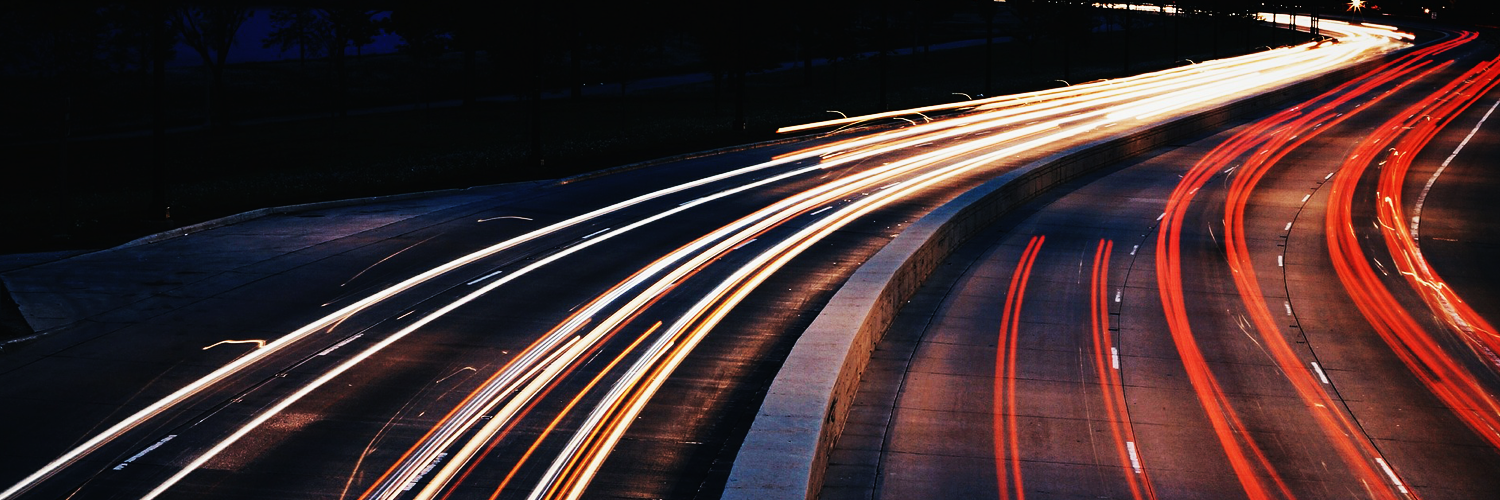Backcasting to change the future
On 12th November 2015, the 7° National Fair for Young & Female Entrepreneurs took place in Turin. A conference organised by GammaDonna and dedicated to “emerging entrepreneurial models”, to understand how Italy is changing. What are the new ways of doing business and innovating traditional processes? What are the new models emerging in which innovation combines with the ability to work in teams?In which contexts do people and creativity return to play a central role?
The Fair opened with a quote:
“Innovation has never come through bureaucracy and hierarchy; it always comes through individuals.”
John Sculley
Amongst the many speakers – entrepreneur Maria Cristina Gribaudi of Keyline, Gianluca Dettori of Shark Tank, Francesco Luccisano of Miur and successful start-up investors such as Giallo Zafferano and Gnammo – there was also Simone Ravaioli, who recounted his experiences of Bestr and Open Badges.
Here, in a nutshell, are his thoughts...

Connected Learning
Training is life-long and always takes new paths, often poorly signed. According to the research “Degreed, the importance of informal learning” only 23% of workers have completed a course, of any kind, within the last 2 years; while 70% state that they have learnt something useful for their work in the last 24 hours from an article, video or book. At least 30 minutes a day is being dedicated to these fountains of knowledge because professionals are convinced that 40-60% of all the knowledge and skills pertinent to their work comes from informal learning.
In this field, the Internet has changed everything and today the concept of training is connected – as declared by LRNG, the movement dedicated to “inspiring innovation" in the training process – as it allows the redesigning of social systems and provides a catalyst for change.
A apt paragon of a connected society showing an ever-growing need to explore new avenues of personal growth could be that of a playlist, containing not music but competences: resources that can be utilised (YouTube videos, Twitter, books, games), experiences that can be had (activities such as an event, online or attended courses, travel, even participation in the Boy Scouts!) and credentials that must be recognised and valued (evidence of acquired skills and competences).
Skills & challenges
Nowadays our way of learning is composed of a constellation of micro training experiences forming a ‘long tail’ of formation in which we are continually growing, i.e. lifelong learning. Together with these micro experiences there are also macro experiences in life that form and define us – experiences that are important to us personally (personal growth) but are at the same time relevant to others (employers).
These are the experiences in which we learn the interpersonal or life skills, so crucial today. The so-called soft skills acclaimed by companies and sought after in the work market, skills not easy to teach in the classroom.
It is these qualities of versatility, tolerance, empathy, resilience that are the skills of the future, but also the great challenge of the present.
An example of this new approach is the experience of Erasmus. They say that there is life before and after Erasmus – indeed, #erasmusNESS is a skill-set that, in many cases, you begin acquiring through this experience.
Of course, these are not all ‘positive’, ‘youthful’ experiences – the press tells many a dark tale of terrible travel experiences – but, above all, they are formative. This is the case of refugees and migrants. A global phenomenon, probably the biggest impacting in the last 10 years, in which those involved in governance, business and training must think in new terms and break free from ideology. Integration is not just a problem to solve but can also be a resource to draw from. Because in the arduous journey towards Europe, in a previous life in their homeland, in the hard experiences of conflict and persecution, these people have learnt the most complex of soft skills: those required for survival and for the construction of a new life. Skills acquired in the field.
The Prestige
All this wealth of training, micro and macro, - which forms our identity – often remains hidden because it cannot be certified, there are no ways to properly recognise, value and promote these competences in the work market. This is why Open Badges is an essential tool with which we can bridge the gap between an evolving society and the emerging entrepreneurial model in training and formation.
However, it is not enough to build mechanisms of certification, we also need a network of trust based on evidence. Capacity is required to adapt and to create made-to-measure training.
Let’s take the case of MILLENIALS: How will they want to learn? How will they adapt training to fit their needs? Starting from the request – from the active players – is much more efficient than starting from the offer, i.e. predicting the jobs of tomorrow, which do not exist yet.
The exercise that society and specialists must carry out is not then one of forecasting, using data that is not yet available, but rather one of backcasting, as in Robert Zemeckis’ film Back to the Future. In other words, starting from the wishes of the people as regards the modality of training. So, let’s imagine we are in 2025, recounting tales of the policies and tools we have employed to bring us here.
Open Badges – or however they may be called in 2025 – will be one of these instruments.